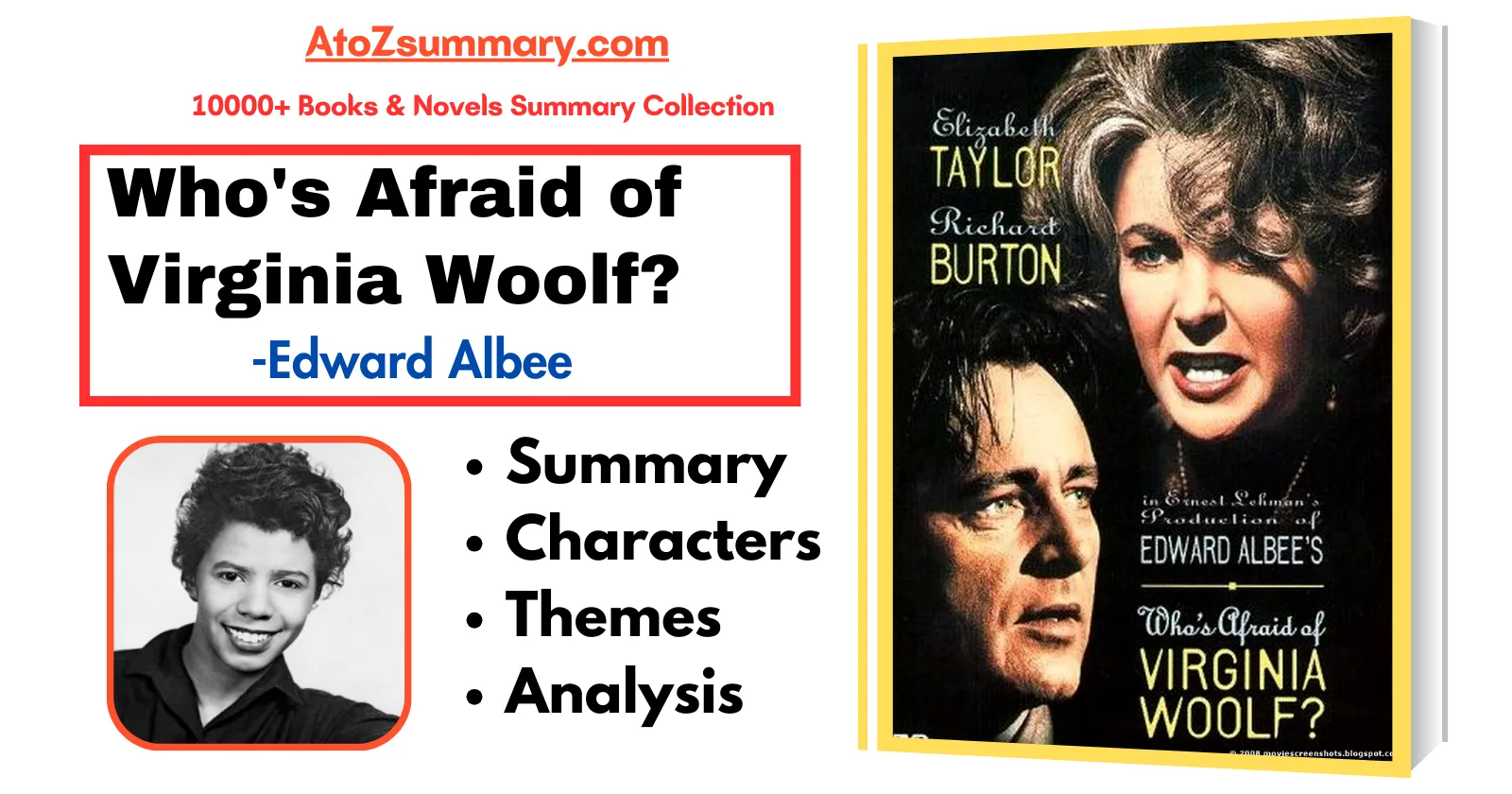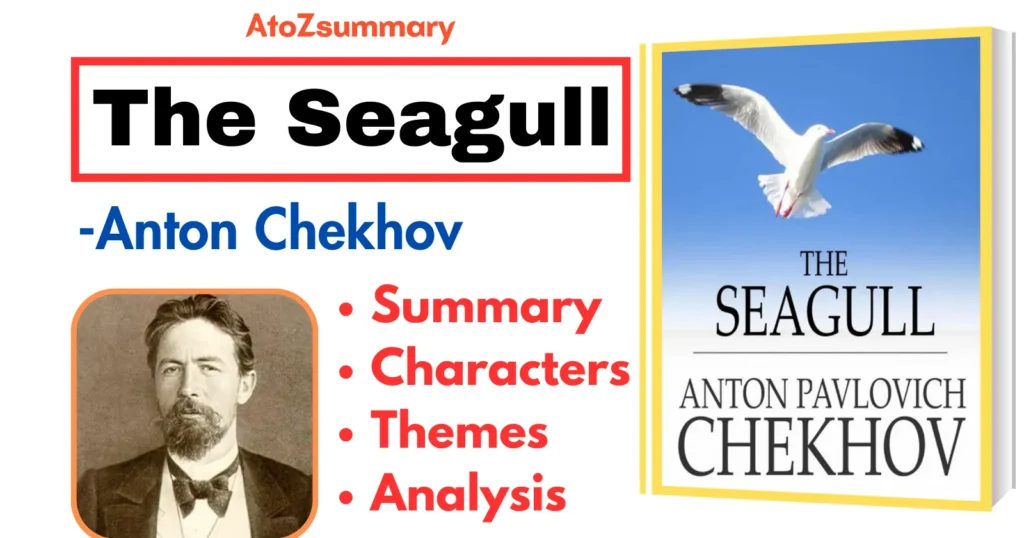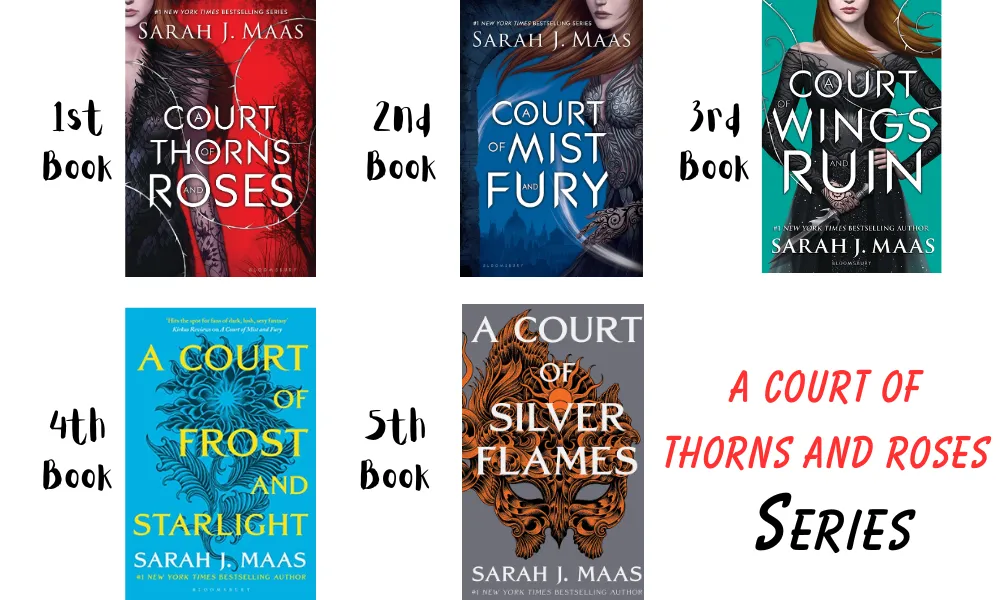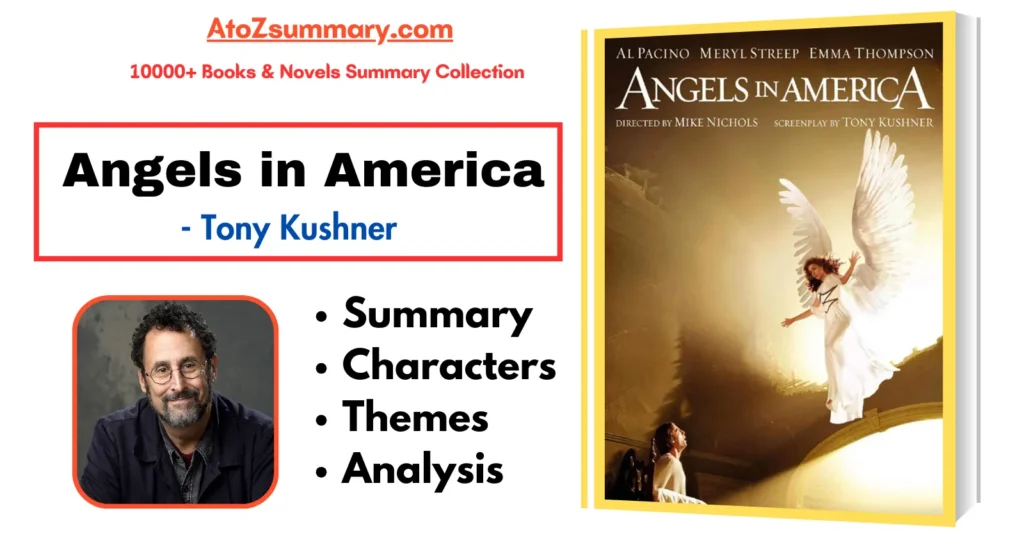Analysis
Who’s Afraid of Virginia Woolf? is a powerful play written by Edward Albee. It explores the complex and dysfunctional marriage of George and Martha. The couple engages in intense and often brutal verbal battles, revealing secrets and playing mind games. With sharp dialogue and intense performances, it provides a raw and unflinching look at the complexities of human relationships and the toll they can take on individuals. Nichols skillfully captures the emotional intensity of the characters, making it a gripping exploration of the darker aspects of marriage and human nature.
Characters
The characters of “Who’s Afraid of Virginia Woolf?” by are:
- George: A middle-aged history professor.
- Martha: George’s wife, loud and assertive.
- Nick: A young biology professor.
- Honey: Nick’s wife, naïve and timid.
Themes
The themes of “Who’s Afraid of Virginia Woolf?” by are:
- The destructive nature of secrets and lies: George and Martha’s marriage is built on a foundation of secrets and lies, which ultimately lead to their destruction.
- The power of illusion: George and Martha create elaborate illusions about their lives to protect themselves from the pain of reality.
- The fear of aging and death: George and Martha are both terrified of aging and death, which they try to mask with alcohol and sarcasm.
- The battle of the sexes: George and Martha’s marriage is a constant battle of the sexes, with each trying to control the other.
- The human need for connection: Despite their destructive behavior, George and Martha are deeply connected to each other.
Watch Full Play Summary & Analysis
Summary
Beginning at two in the afternoon on a Sunday, “Fun and Games,” Act One follows middle-aged couple George and Martha as they head back to their house after attending a faculty party at a tiny college in the New England town of New Carthage. As Martha and George argue throughout the play, we find out that Martha is the college president’s daughter and George is an unsuccessful history professor. She tells him right away that she’s invited a new math department member over for drinks. Along with loudly singing a funny song they heard at the faculty party, “Who’s Afraid of Virginia Woolf?” Martha is upset when George doesn’t laugh. George cautions her not to perform “the bit about the kid” before their visitors arrive.
Nick, a thirty-year-old Biblo professor in the biology department, and his spouse Honey are their visitors. Being thrust into the conflict that is Martha and George’s marriage shocks Nick and Honey a little. As Honey manages by sipping brandy after Brandy, Nick makes an effort to win his hosts over. Martha, who is inebriated, starts flirting with him right away. Martha leaves to show Honey where the restroom is. George coldly advises that Nick take over the college and the Biology Department while the women are gone. Upon her return, Honey remarks that she was unaware that George and Martha were parents to a boy. George is enraged with Martha because she informed Honey that their son, who turns 21 tomorrow, will be coming home the next day.
Dressed in sensual attire, Martha proceeds to brazenly flirt with Nick and make fun of George. She even tells a tale about how she punched George for refusing to fight with her father. George gives up and walks out of the room. He returns with a gun, shocking everyone by shooting Martha with it. Not a bullet, but a parasol shoots out of the barrel. A little less tension develops as George, much to Martha’s dismay, can’t stop chatting about their kid.
After the debate about who has had a worse impact on the boy, Martha begins to gently humiliate Nick and Honey by pointing out that George is a failure who didn’t succeed in taking over the History Department, as she had hoped when they were married. When George takes Honey and starts dancing around with her while singing “Who’s Afraid of Virginia Woolf?” their yelling fight stops. Honey bolts to the bathroom to throw up.
“Walpurgisnacht,” the second act, begins with Martha brewing coffee in the kitchen. Nick tells George that he married Honey because she became pregnant with a hysterical pregnancy. She also has the extra benefit of wealth, having been bequeathed money by her missionary father. He half-jokingly shares his scheme to become powerful at the institution by having affairs with prominent faculty members’ spouses. George recounts a story about a lad he met in prep school who, together with his pals, ordered “bergin” at a gin establishment. A year after killing his mother by accident with a shotgun, the youngster murdered his father in a car accident while carrying his learner’s permit in his pocket.
Honey and Martha come back. Martha’s flirting with Nick is considerably more obvious. When Honey says she wants to try interpretive dance, Martha seizes the chance to have a very lewd dance with Nick. George becomes irritated with Martha as she keeps making fun of his botched attempt to publish a novel and implies that the youngster who ordered “begin” and killed his parents was George. When he tries to choke her, Nick stops him.
George declares that a new game is about to begin. Hump the Hostess will be up later; they’ve just completed playing Humiliate the Host. It’s time to call in the guests now. George teases Honey, who is bewildered, by telling her a tale about a Mousie, a girl, who blew up and whose puff went “poof.” Honey leaves to become ill once more.
Honey is lying on the chilly bathroom floor tile as George turns to face Martha and Nick, who are making out on the couch and kissing each other. Martha is feeling agitated and irritated with George for not paying attention. After a while, she and Nick go toward the kitchen, running into the doorbell chimes along the way. Half-dreaming, Honey staggers out into the living room and tells George she heard bells. Honey has been covertly avoiding becoming pregnant because she is afraid of having children, as evidenced by her halting, incoherent mumblings. George gets an idea for how to get even with Martha from Honey’s constant bell-talking: he’ll tell her he got a telegram telling them their son is dead.
“The Exorcism,” Act Three, begins with Martha wandering the stage by herself. She opens with a disoriented speech that betrays her loneliness and desperation, drunk and tired. She states that after crying nonstop, she and George freeze their tears into ice cubes to put in their beverages. Nick returns to the stage, unsure of what has transpired. Honey has returned to the bathroom and George has left. He is shocked to hear Martha label him a failure and expose his impotence before realizing that George is the only person who can make her feel satisfied. She urges Nick not to trust looks and commends George for picking up the games fast enough to make rule changes.
Nick becomes even more enraged when Martha keeps calling him a gigolo and a houseboy. She signals the houseboy to go fetch it when the doorbell rings. Quoted from Tennessee Williams’ A Streetcar Named Desire, it’s George, hiding behind a bunch of flowers, saying, “Flores para los muertos.” George poses as a Western Union employee and claims that he believes Nick to be his and Martha’s son. When Nick grows tired of them and refers to them as cruel, George and Martha join forces to make fun of them.
Before long, George and Martha get into yet another round of discussions about seemingly pointless subjects, such as whether or not there is a moon that night and if George has visited Majorca, which constantly alludes to reality and illusion. Martha is told their marriage has broken down by George as he begins tossing her his bouquet of snapdragons.
After dragging Honey back inside, George declares that there will be one more game—Bringing Up Baby—that must be played to the very end. Instead, Honey, who is quite inebriated and clutching a bottle, wants to play Peel the Label. They have, George tells her. Aware of Martha’s controlling presence, George starts to rehearse a scenario about their kid. In response, Martha shares a tale of her own about an idyllic upbringing. George starts chanting the Requiem as she tells her story. Amidst all of this, Honey abruptly declares her desire for a kid. Their dispute grows as Martha starts to accuse George of taking the kid down with him. Honey begs that they cease.
George informs Martha that their son is dead, taking his time. The actual circumstances of the “begin” boy’s story are as follows: he was traveling on a country road when he swerved to escape a porcupine and smashed into a tree. Martha screams that George has no right to do this out of rage. George adamantly maintains that they were the game’s rules from the beginning and that he was left with no other option after she broke them by bringing up their kid. At last, Nick understands that the son is fictitious, and George validates his thoughts. They were unable to become parents. He advises Nick to return home with Honey.
The play’s last few minutes are serene and heartfelt. Martha suggests that they have another child, but George quietly declines her request and tells her that things will get better. He starts singing her a sort of lullaby, “Who’s Afraid of Virginia Woolf?” to which Martha responds, “I am.”
FAQs
What is the message of the play Who’s Afraid of Virginia Woolf?
The play’s message is that humans must confront reality, no matter how painful, to escape the destructive nature of illusions.
Why did Martha and George create an imaginary child?
Martha and George, facing the harsh reality of infertility, created an imaginary child as a coping mechanism for their unfulfilled dreams of parenthood.
What illness did Virginia Woolf had?
Virginia Woolf had mental health struggles, including depression and anxiety.
Why does Martha humiliate George?
Martha humiliates George to assert control and mask her own insecurities in their tumultuous marriage.
What happens when George shoots at Martha?
When George shoots at Martha, a parasol pops out instead of a bullet, causing Honey to get scared.
What does the ending of Who’s afraid of Virginia Woolf mean?
In the play’s final moments, George shatters the illusion of their imaginary son, leaving Martha to confront her deepest fears and the barrenness of their relationship.











